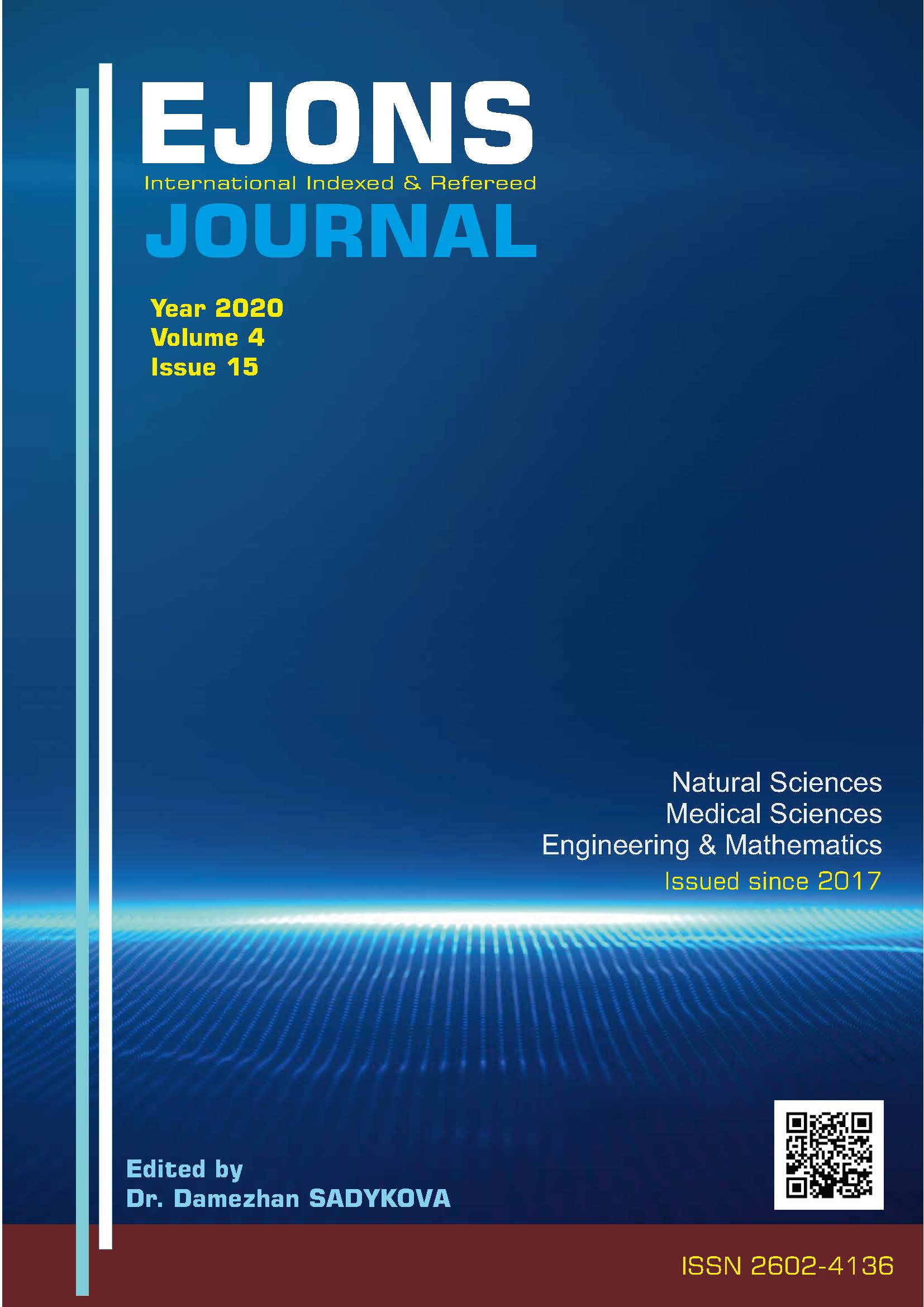ANCESTRAL POPULATION SIZE EFFECT TO SPECIES NUMBER OF Thlaspicerasas F. K. MEYER SPECIES COMPLEX AND THEIR BIOCLIMATIC PREFERENCES
DOI:
https://doi.org/10.38063/ejons.290Keywords:
Thlaspiceras, BPP species delimitation, BrassicaceaeAbstract
The systematics of the genus Thlaspi L., which was represented by approximately 75 taxa was one of the most controversial among the 351 Brassicaceae genera. Meyer, influenced by Schulz, split the genus Thlaspi into 11 additional genera. Thlaspicerasas F. K. Meyer which was one of these genera was laterally accepted as a species complex under genus Noccaea. This species complex consists of 11 species, 9 of which are endemic to Turkey. Since the convergence and variation in fruit features which is mainly used for classification, exact number of the species is debated. Here, BPP species delimitation, which is based on Bayesian Statistical Method, is used for species delimitation. Three different markers, Internal Transcribed Spacers (ITS); trnL-F and trnQ-5'rps16 were used under three different scenario (small, medium and large ancestral population size) for species delimitation analysis. Also specific bioclimatic data values (19 bioclimatic variables plus data on monthly minimal, maximal, average temperatures and average precipitation) were used for bioclimate space evaluation. According to the small ancestral population size the species complex consist of six different species with 0.63 posterior probability. According to the medium ancestral population size the species complex consist of three different species with 0.78 posterior probability whereas large ancestral population size scenario indicates that there is one species with 1.00 posterior probability. Bioclimatic data shows that Noccaea huber-morathii (F.K.Meyer) Al-Shehbaz prefers wet and cold habitats whereas Noccaea meyerii (F.K.Meyer) Al-Shehbaz prefers dry and hot habitats. Rest of the taxa are highly tolerated to the bioclimatic factors and distribute in a high range.
Downloads
Published
How to Cite
Issue
Section
License

This work is licensed under a Creative Commons Attribution-NonCommercial 4.0 International License.


